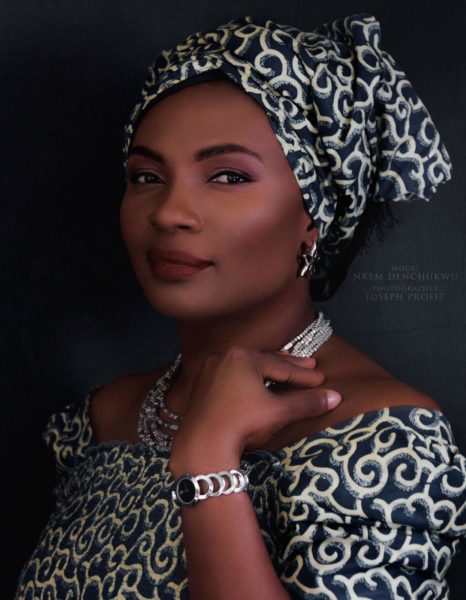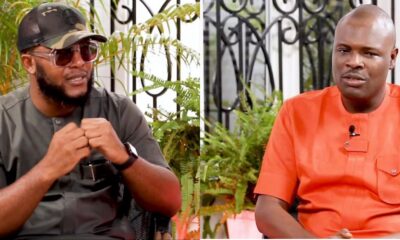Features
Nkem DenChukwu: Depression is Not a Taboo!
It’s interesting that some of our educated African brothers and sisters (African-Americans included) are ignorant of the reality of depression, even when we experience it. We worry more about what our kinsmen, friends, colleagues, and neighbours would say, rather than find ways to help ourselves, our loved ones or that stranger; crying out for help.
Dad: God forbid! It is not your portion!
Son: What does that even mean?
Dad: Rebuke it, Son! Depression is not for us. We are Africans. It’s a term oyinbo people use to seek for attention.
Son: I have been feeling depressed for weeks, Dad.
Dad: Biko, don’t let anybody hear you say that nonsense again. Tufiakwa! Abomination!
The next morning, this father found his only child in a pool of his blood, with a blood-soaked suicide note on his bedroom floor. All the signs were clearly there, just like in many cases.
***
Not many people experiencing depression express it or seek help. The question remains: how many people are attentive to these signs? How many people offer help?
There are several triggers for depression. Each trigger depends on an individual’s experiences, lifestyle, and/or thought-process.
There’s no shame in feeling depressed. It is not an abomination or a sin against God or Allah. Depression is real, as real as you can feel your breath under your nose. It is as real as the pain and emptiness it comes with.
Depression is a poison that can numb you physically, mentally, emotionally, and spiritually. Who can relate? Say I.
You don’t have to have experienced depression to know it is real, or show empathy to someone experiencing it.
Depression literally kills many people on a daily basis. It does not discriminate, just like death. Even children as young as seven feel depressed. Many children and teens have committed suicide because they were depressed. No one is immune to feeling depressed. Many “normal people” have lived it too. They all felt depressed: lost, empty, alone, scared, and hopeless.
We need to educate Africans and families that depression is not a taboo. We need to be open to new information to better ourselves and wellbeing. There’s absolutely nothing to be ashamed of to say, “I am depressed,” or “I need help.” It’s interesting that some of our educated African brothers and sisters (African-Americans included) are ignorant of the reality of depression, even when we experience it. We worry more about what our kinsmen, friends, colleagues, and neighbours would say, rather than find ways to help ourselves, our loved ones or that stranger; crying out for help.
All the signs are there. They are always there. We just have to pay more attention. When we are the ones experiencing depression, we should find the courage to talk to someone. Bottled emotions are like time bombs that will eventually explode. Rebuking “depression in the name of Jesus” is like rebuking the blood dripping on your face from a cut. You see the blood, you wipe it clean to treat the cut, and then ask God for healing, or you call your doctor for antibiotics. Being ignorant of the fact will simply make the cut/bruise prone to infection.
We need to know the difference between ignorance and foolishness. Being educated doesn’t equate to having common sense.
August Strindberg said, and I agree: “There are poisons that blind you and poisons that open your eyes.”
Depression is poison that can either blind us or open our eyes. It is like death slow in coming, if/when not taken care of.
Love can certainly help cure depression. Agape-kind-of love.
After all is said and done, what we tell ourselves takes root in our minds, therefore, controls our emotions and steps. Easier said than done, right? But, when being strong becomes our only way to survive, we start to see things differently, and we become the best of us … eventually. No doubt!


















